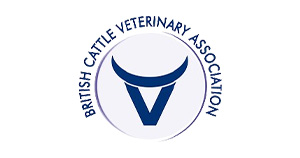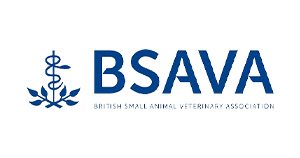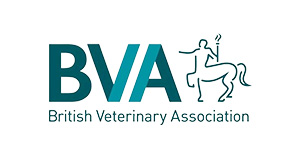Considering Guinea Pigs as Pets? A Guide to Care, Habitat, Health & Fun Facts!
Published on: Nov 24, 2021
It’s time to appreciate perhaps one of the most underrated pets in the UK… the humble guinea pig! It’s about time that guinea pigs got some recognition and – in the last few years – they’ve been awarded their own ‘awareness week’, usually around the end of March. Rabbit Awareness Week (RAW) runs throughout the spring on an annual basis and has been a great success over the last decade in raising the profile of rabbits and educating both prospective and current owners in the perhaps unknown and surprisingly varied, complex needs of these pets. Let’s hope Guinea Pig Awareness Week can do the same!
I love guinea pigs – I’ve got 9 of my own! Guinea pigs are very gentle natured, love being cuddled and have fantastic personalities. They can also be quite lively so are great to watch and interact with in the garden – you can even train them to do simple tricks! They make brilliant pets for the whole family but they’re also a really good first pet for kids.
Whereas first time pet owners might be thinking rabbits would be a good choice for their young children to start to learn responsibility towards, they could instead consider a pair of guinea pigs. They’re just as cute and cuddly but their needs can perhaps be met more easily than some of the other options because their handling, requirements and veterinary needs are often slightly less complex.
So what does a guinea pig need?
When it comes to their environment, they’re inquisitive but do also like to tuck themselves away so they need housing that means they can explore, play and be safe – such as a spacious indoor hutch with plenty of toys as well as a large outdoor run with regular access to grass and safe garden plants.
For food, they need fresh hay with a handful of fruit, vegetables and fresh greens to give them fibre as well as a spoonful of good quality pellets containing Vitamin C as they can’t make their own. And of course, plenty of fresh water.
Whilst you don’t necessarily have to have as many as I do, guinea pigs also need to be kept in at least a pair – they are social animals and should NEVER live alone. The company of a person is not enough, as they need their own kind to interact with. Even a rabbit is not a suitable companion as they are an entirely different species, they may fight, and could also harbour and spread disease between each other.
And what about looking after their health? Guinea pigs can suffer from dental disease, parasites, obesity and ‘bumblefoot’ (pressure sores on their feet) but they’re prey animals so they tend to try and hide any illness. This might mean that it’s not always easy to spot when they’re poorly – so an annual check up is always a good idea, as well as keeping an eye out for any symptoms.
Guinea pigs are usually ‘pigs’ by nature, and it is a worry if they are ever not interested in their food. Like rabbits, guinea pigs can deteriorate quickly – especially when it comes to their guts entering a standstill. Urgent veterinary attention should be sought if your ‘piggie’ is refusing food – they will usually require pain relief and medication to keep their gut moving, as well as syringe feeding.
A reduction in food intake could also be tooth related – and whilst guinea pig’s teeth are constantly growing, they are usually ground down by their constant jaw movements. For whatever reason however, teeth can overgrow and cause serious pain, distress, and even death if left unnoticed. Two pairs of incisor teeth sit at the front of the jaw and can be examined at home by inspecting the front of the face and drawing back the cheeks slightly. Cheek teeth at the back of the mouth need to be examined by a vet and tooth overgrowth should be considered with any guinea pig losing unexplained weight
And because guinea pigs are very gentle by nature, any aggression, hiding or biting could be a sign of pain or stress and should also instigate a trip to the vet.
I hope that’s given you a bit of insight into what great pets they can make, their fairly simple diet and husbandry needs and some key health issues to watch for – and perhaps even encouraged you to remember the lovely guinea pig if you’re considering some new furry companions!
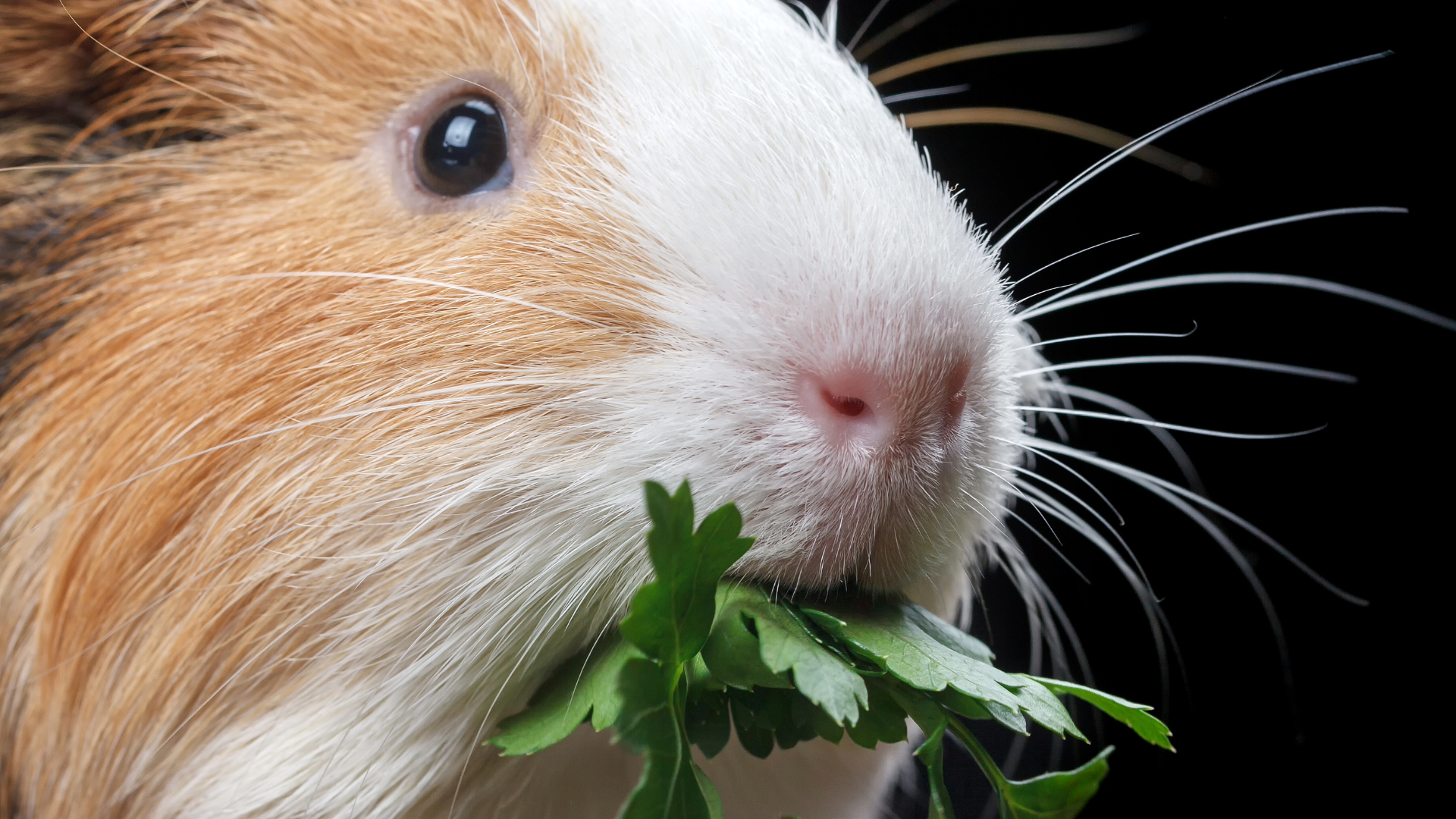

Author –
Greg Elliot-Moustache
Shepton & Wells Vets guide to guinea pigs! Perfect 1st pet, great for families. Learn about diet, habitat, health concerns & why they’re underrated!
guinea pig as a pet | first pet for kids | guinea pig care guide | guinea pig cage | guinea pig food | guinea pig health | social guinea pigs | Shepton & Wells Vets |
More Articles from Greg
Read More Articles
Caring for your pet as we do our own
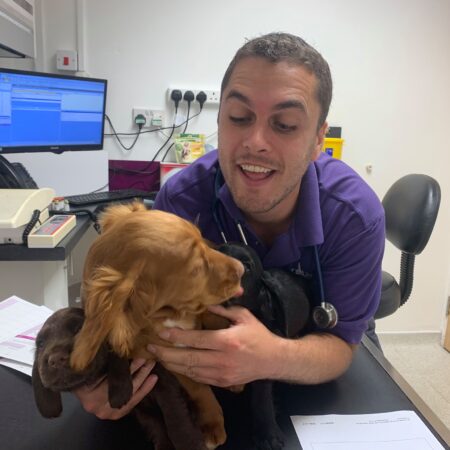
At Shepton and Wells Vets, we understand what your pets mean to you, and so our Pets team aim to care for each and every one of them as we would do our own.
We care about your pet
Our primary focus is keeping them fit, happy and healthy with comprehensive and effective preventative healthcare, advice and treatment.
We care about you
We aim to communicate clearly and honestly with you, and discuss different treatment options so that you can make the right informed choices for you and your pet.
We care about clinical excellence
We take pride in providing a high level of medical and surgical care, working together as a team to do the very best we can for your pet.






